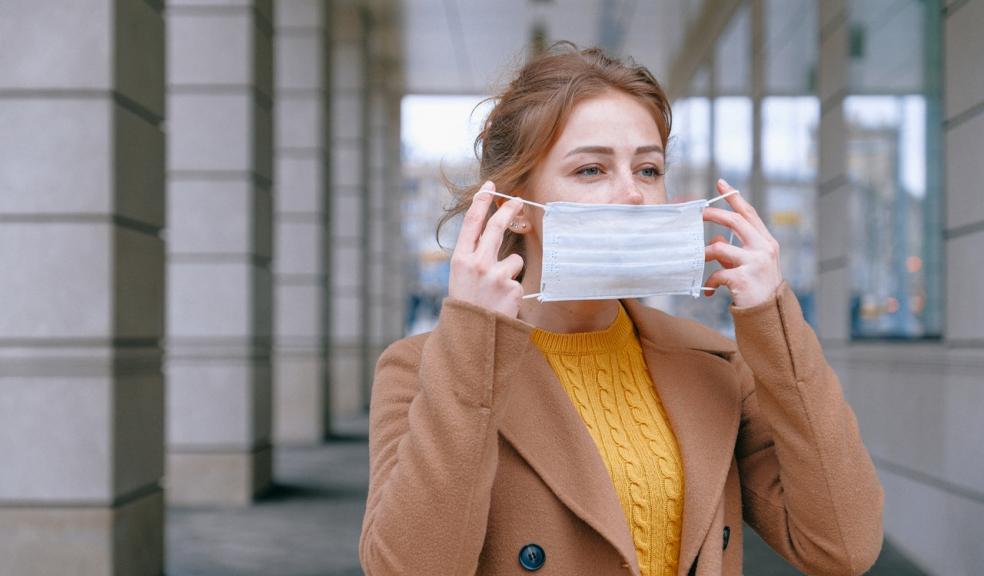
Devon residents urged to remain vigilant during ‘critical’ weeks ahead
Since the mandatory introduction of face masks in shops across England on Friday 24th July, there has been much discussion over the decision to formally implement this practice now rather than earlier.
Alastair Lockwood (MA, BM BCh, FRCOphth, PhD) is a consultant ophthalmologist specialising in glaucoma, currently residing at the Queen Alexandra Hospital in Portsmouth. In 2004, Mr. Lockwood was involved in a randomised control study which proved the reduction of droplet travel using dye to colour saliva for surgeons performing ophthalmic procedures and less contamination of the surgical site. Drawing on this knowledge, Mr. Lockwood has long been endorsing the use of face masks within enclosed public spaces to protect others, until the pandemic is over.
Whilst the delay in implementing mandatory use of face masks continues to be questioned, there is no doubt from Mr. Lockwood that it is still extremely important to wear a mask whenever you are in a close contact situation.
With recent reports indicating the cases of coronavirus in Devon have doubled in the last week for which figures have been released and many areas teetering on the brink of local lockdown, actions taken over the next few weeks are likely to be critical in preventing levels from rising uncontrollably. It is for this reason that Mr. Lockwood is urging local residents to remain extra vigilant in the coming weeks and to ensure that face mask protocols are being followed ‘to the tee’.
“Coronavirus spikes are a real threat, we know there is still infection present in the population, evidenced by recent local spikes in cases. Also, there are people still in the population at risk of becoming seriously ill or dying if exposed to the infection and evidence shows that masks reduce the risk of transmission of viruses from nose and mouth, caused by sneezing, coughing or talking,
We know that enclosed public spaces where people mix, and where common surfaces are touched are the most risky areas and that people can have the infection and be asymptomatic. Even if they do become symptomatic they can be asymptomatic and infective early on (i.e. have no knowledge of being ill during illness development)
Even if we cannot eliminate the virus we are attempting to delay the infection transmission while effective modes of vaccination and detection are being developed. Eventually we may have a finger prick test we like we do for diabetes where viral detection will be instantaneous. Keeping the virus to a minimal level will allow the local business community to continue to stay open for business and reduce the risk of a repeat lockdown, causing further economic misery.”











